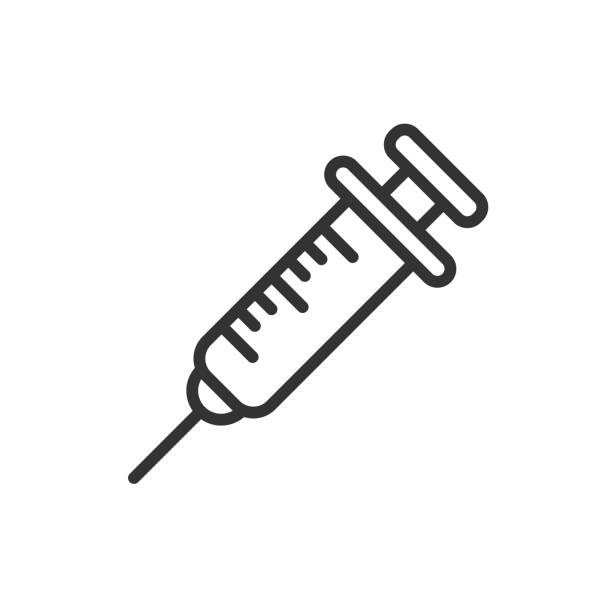Epirubicin Hydrochloride
Indications
Epirubicin Injection is an anthracycline topoisomerase II inhibitor indicated as a component of adjuvant therapy in patients with evidence of axillary node tumor involvement following resection of primary breast cancer
Pharmacology
Epirubicin, an anthracycline with cytotoxic properties. It inhibits DNA and RNA synthesis by steric obstruction after intercalating between DNA base pairs that triggers DNA cleavage by by topoisomerase II. It also inhibits DNA helicase and generates cytotoxic free radicals.
Dosage And Administration
Acute leukaemias; Lymphoma; Multiple myeloma; Solid tumours:
- As a single agent: 60-90 mg/m2 3-4 wkly.
- Max (total cumulative dose): 0.9-1 g/m2.
- Palliative care: 12.5-25 mg/m2 once wkly.
Adjuvant treatment in axillary-node positive breast cancer: Recommended starting doses: 100-120 mg/m2 as a single dose on day 1 or as 2 divided doses on days 1 and 8 of each 28-day cycle. Repeat for 6 cycles.
Intravesical Local treatment of bladder carcinoma: As 0.1% soln: 50 mg/wk for 8 wk; reduce dose if chemical cystitis develops.
For carcinoma in-situ: 80 mg in 50 mL wkly.
For prevention of recurrence in patients who have undergone transurethral resection: 50 mg/wk for 4 wk, followed by 50 mg/mth for 11 mth; retain soln in the bladder for 1 hr during each administration.
Interaction
Paclitaxel and other anthracyclines. Cimetidine, heparin. Antineoplastic drugs, cardiotoxic drugs, radiation, hepatoactive drugs.
Contraindications
Cardiac impairment, severe or recent Ml; previous full cumulative doses of anthracyclines. Hypersensitivity; severe hepatic dysfunction. Not for intravesical use where invasive tumours have penetrated the bladder wall; urinary infections, bladder inflammation or catheterisation problems. Pregnancy, lactation.
Side Effects
In early breast cancer, acute adverse events occurring in ≥10% of patients are leucopenia, neutropenia, anemia, thrombocytopenia, amenhorrhea, lethargy, nausea/vomiting, mucositis, diarrhea, infection, conjunctivitis/keratitis, alopecia, local toxicity and rash/itch.
Long term adverse events occurring at a frequency of 1-2% are asymptomatic drops in LVEF and CHF and secondary leukemia.
Pregnancy And Lactation
Discontinue nursing prior to taking Epirubicin. Not known if excreted in breast milk
Precautions And Warnings
Previous extensive radiotherapy, bone infiltration by tumour, severe renal and hepatic dysfunction. May cause tumor lysis syndrome or radiation recall. Elderly women >70 yr. CV disease, hypertensive cardiomyopathy; monitor hematological and cardiac function regularly. Extravasation during IV admin may result in severe local tissue necrosis. Do not give via IM/SC routes as extravasation can lead to severe local necrosis
Therapeutic Class
Cytotoxic Chemotherapy
